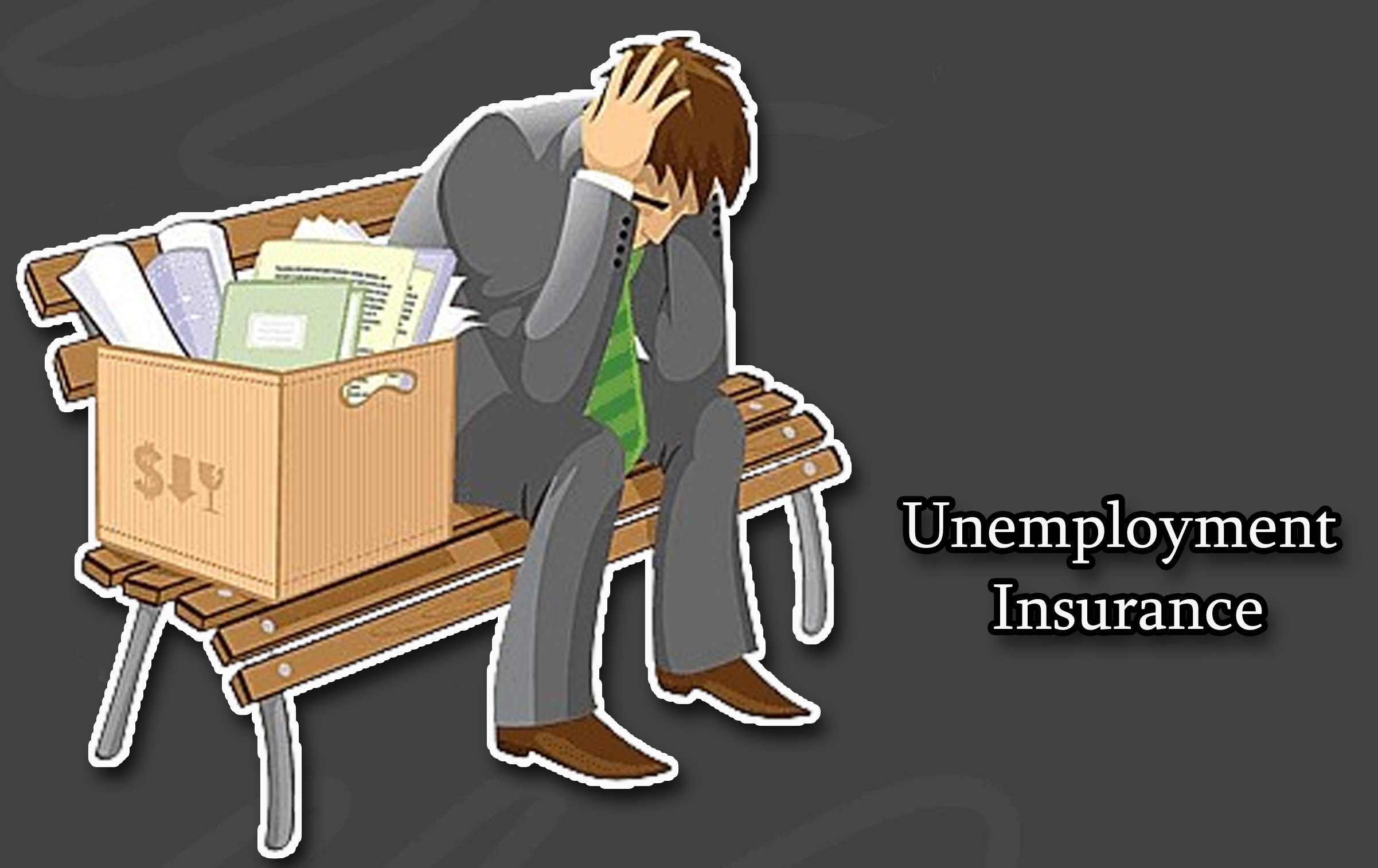
Unemployment insurance, also known as unemployment benefits, is a type of state-provided insurance that offers weekly payments to people who have lost their jobs. In order to receive these benefits, individuals must meet certain eligibility requirements.

For example, people who were fired for misconduct or who voluntarily quit their jobs are not eligible. However, those who lost their jobs due to a lack of available work and are not at fault can qualify for unemployment insurance.
This program is a joint effort between the federal and state governments, providing regular cash payments through the Federal Unemployment Tax Act (FUTA).
In every state, there is an unemployment insurance program along with specific guidelines stated by the federal law for them to follow. To be a part of this benefit, you need to confirm if you qualify and how you can be part of it.
Unemployment Insurance Eligibility Criteria
To qualify for this benefit, you need to meet two basic criteria. To be eligible for this, you must meet the state-mandated limits for time worked or earned wages depending on the indicated base period. Aside from this, the state also determines if an eligible person is not at fault for the unemployment. However, a person can file an unemployment claim if or when they meet the two eligibility criteria required.
Also, it is important for persons who qualify to file claims for unemployment in states where they worked. Instead of visiting in person, you can file a claim online through the unemployment insurance agency’s website or phone. Once your have your approval, you must file a weekly claim to confirm your unemployment status.
How Is Unemployment Insurance Paid?
This insurance is funded by taxes on employers. For instance, FUTA charges 6% of the first $7,000 paid to every employee’s wages. In some states, unemployment insurance is paid by debiting the past employer of the unemployed persons’ UI accounts. They do this by increasing the UI taxes of the employer in years to come.
Types of Unemployment
There are four types of unemployment. These unemployment types are:
- Functional Unemployment: This type of unemployment happens when workers leave their employer and take some time to get a new employer.
- Structural Employment: This is long-term unemployment due to crucial changes in the economy.
- Cyclical Unemployment: It is due to changes in a business cycle.
- Institutional Unemployment: This is a result of policies that affect the features of the labor market.
Individuals who fall under these unemployment types are eligible to get the unemployment benefit.
Do I Need Unemployment Insurance?
You need unemployment insurance if you are an unemployed worker. However, while you still have your job, it is advisable to consider how you would manage financially if ever you lose your job. Getting unemployment insurance can shield you from financial expenses that may affect your savings after you lose your job. It allows you to enjoy unemployment benefits and keeps you steady until you get a new job.
Unemployment Insurance Advantages And Disadvantages
Before opting for this insurance, it is important to be aware of its advantages and disadvantages. This is to help you identify if it is worth taking or not, as well as if it is good enough for you. However, below are the advantages and disadvantages of unemployment benefits.
Advantages
- 50-60% of your salary may be the monthly pay-outs.
- You can add sickness and accident insurance to increase your coverage.
- Tax-free monthly income.
- You get financial protection till you get a new job.
Disadvantages
- If you knew about your upcoming unemployment when you bought the insurance, you won’t receive payment.
- This insurance may not be available for company directors or self-employed persons.
- It is only for unemployment.
- You cannot file claims until after an exclusion period.
If you lose your job due to incompetence or quit, this insurance benefit will not cover you.
How Early Will I Get My Unemployment Payouts?
If your claim is approved, you will get funded immediately as soon as the greed exclusion period has been completed. After that, you will be funded monthly until you can get a new job.